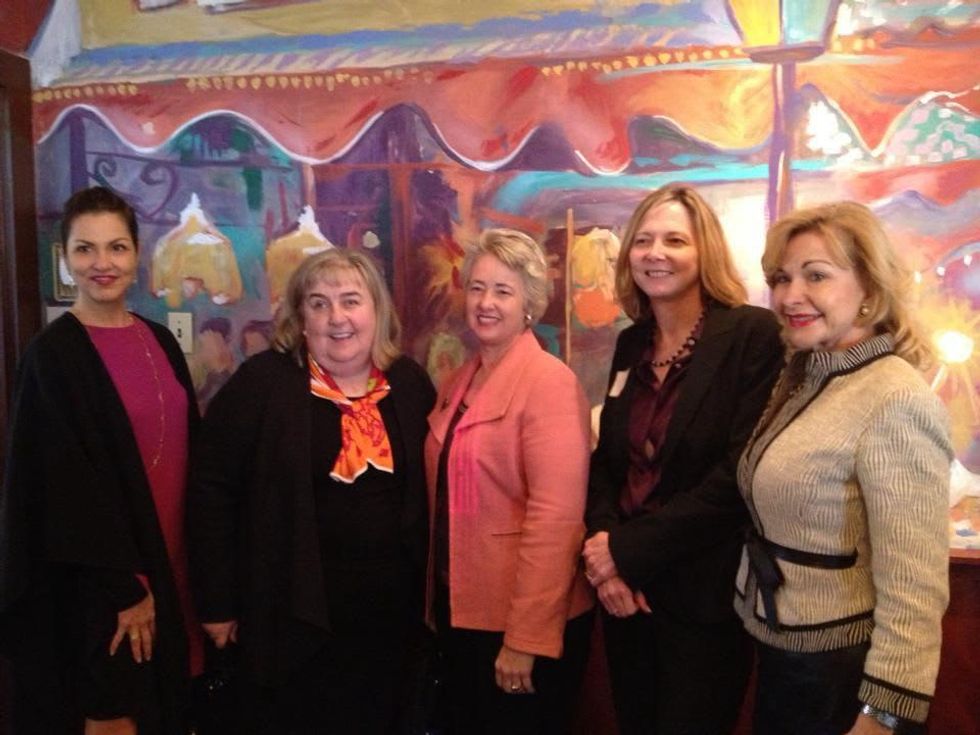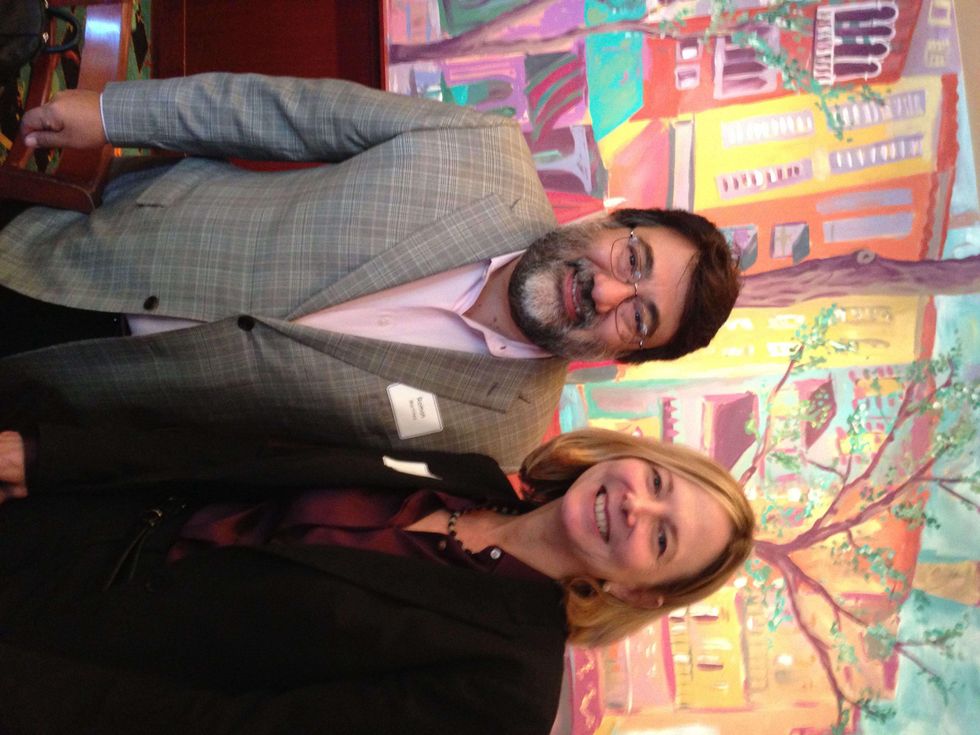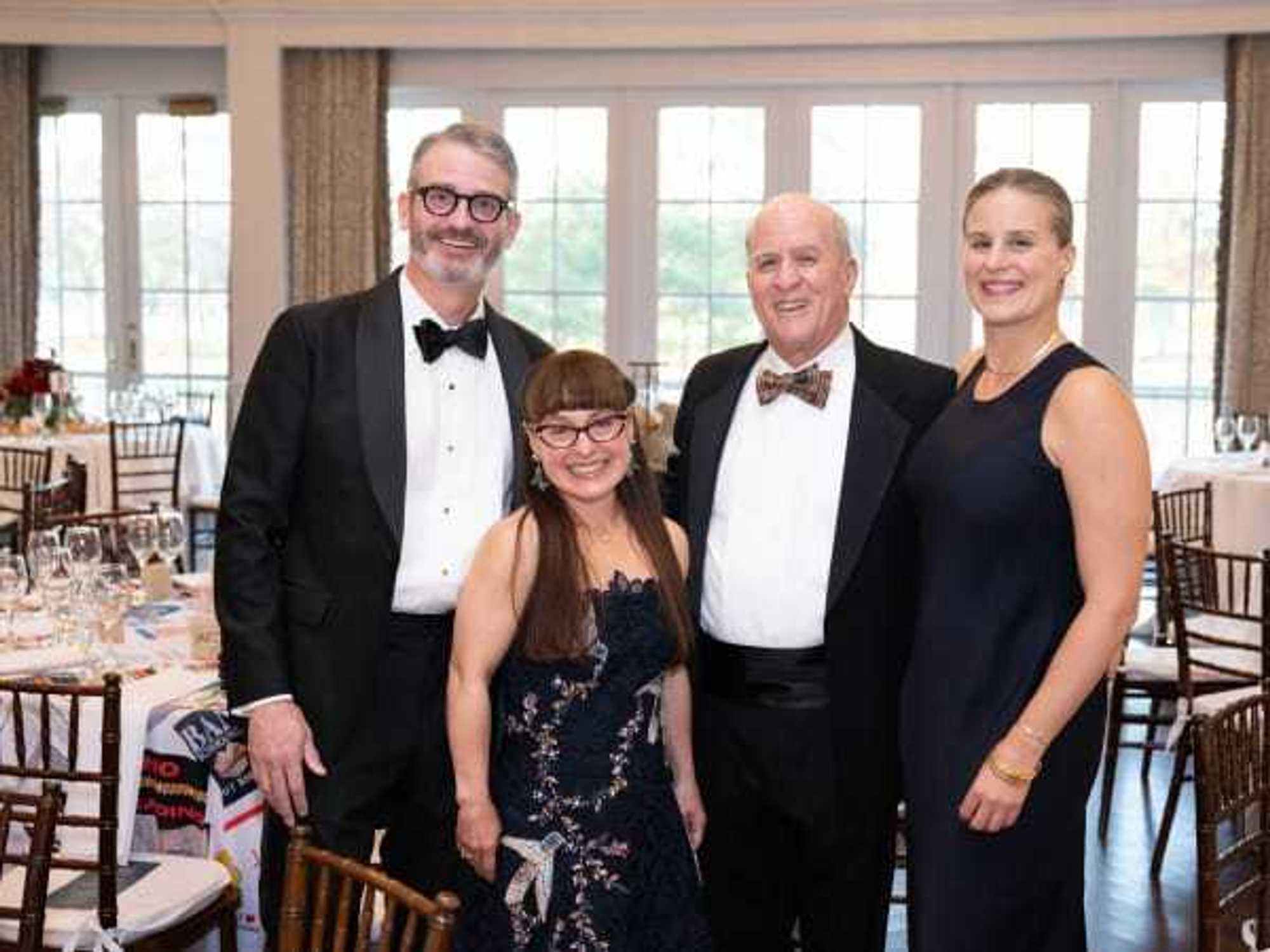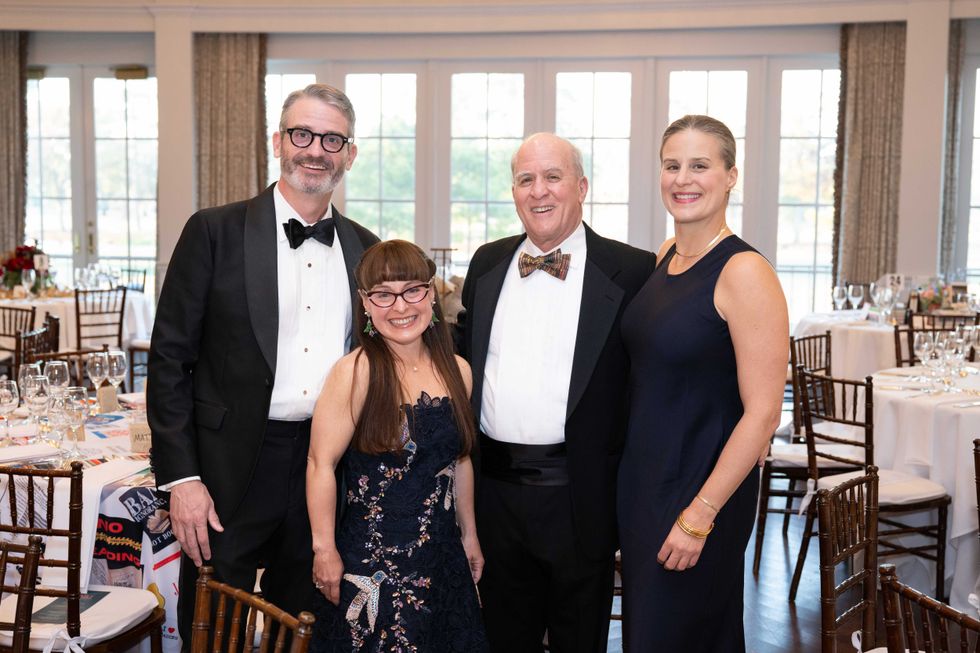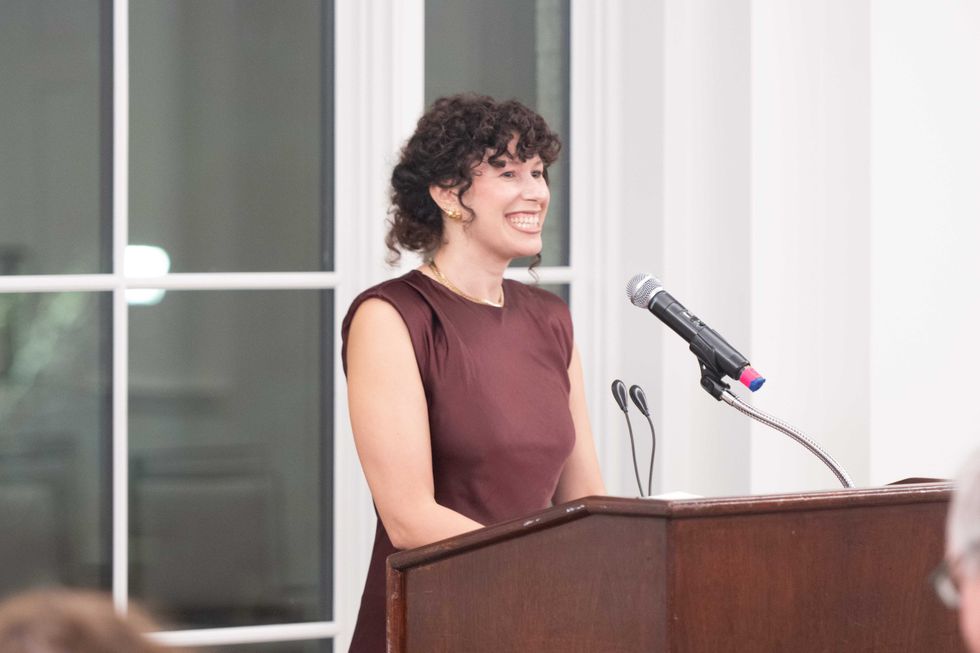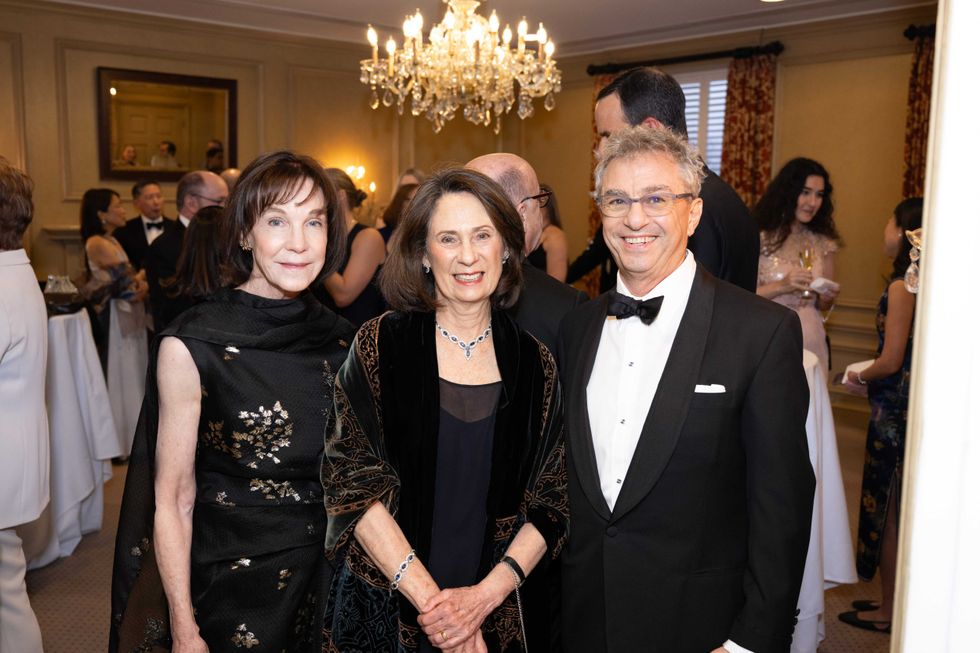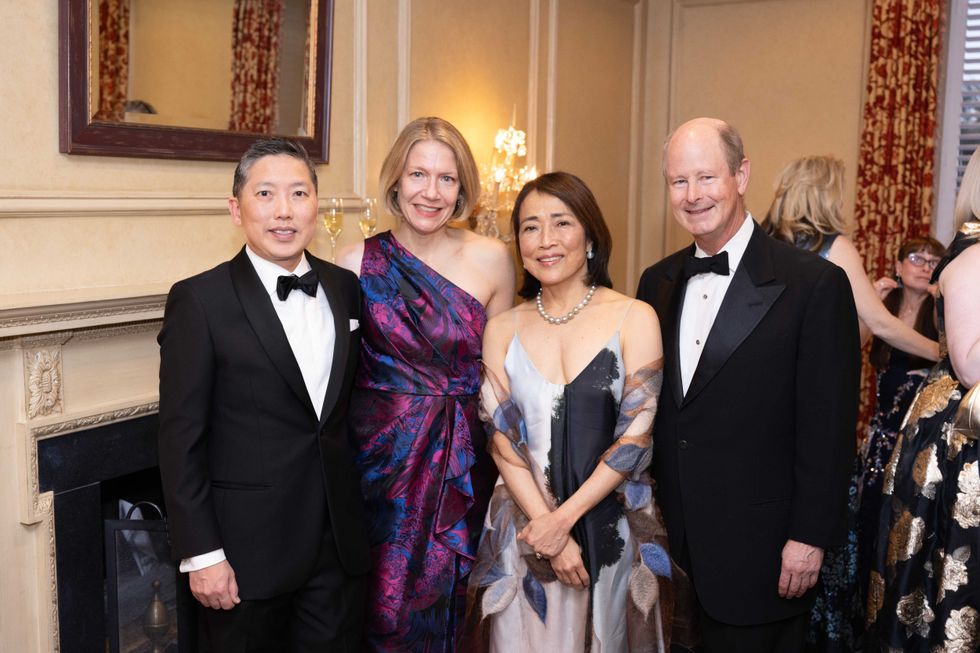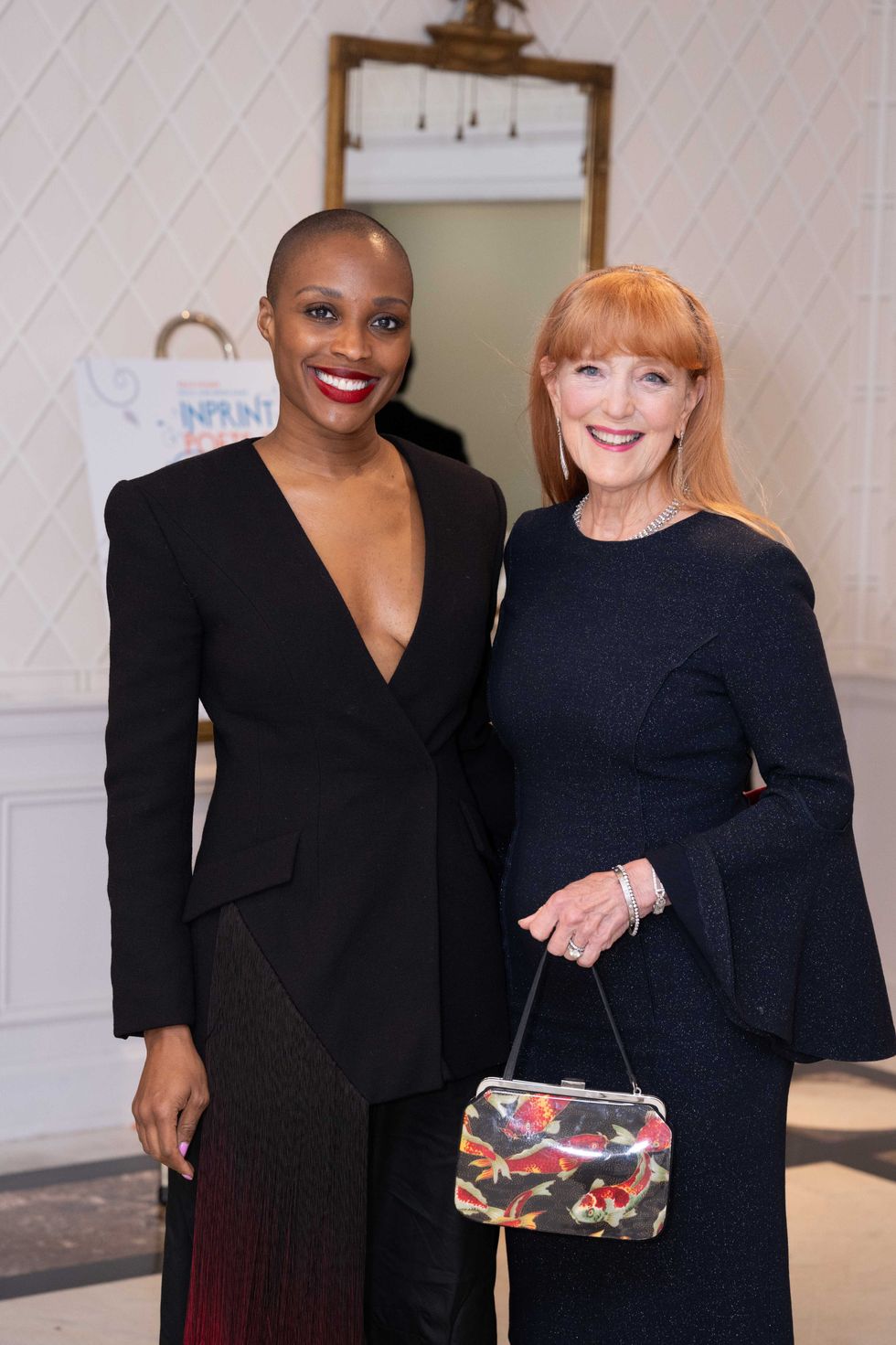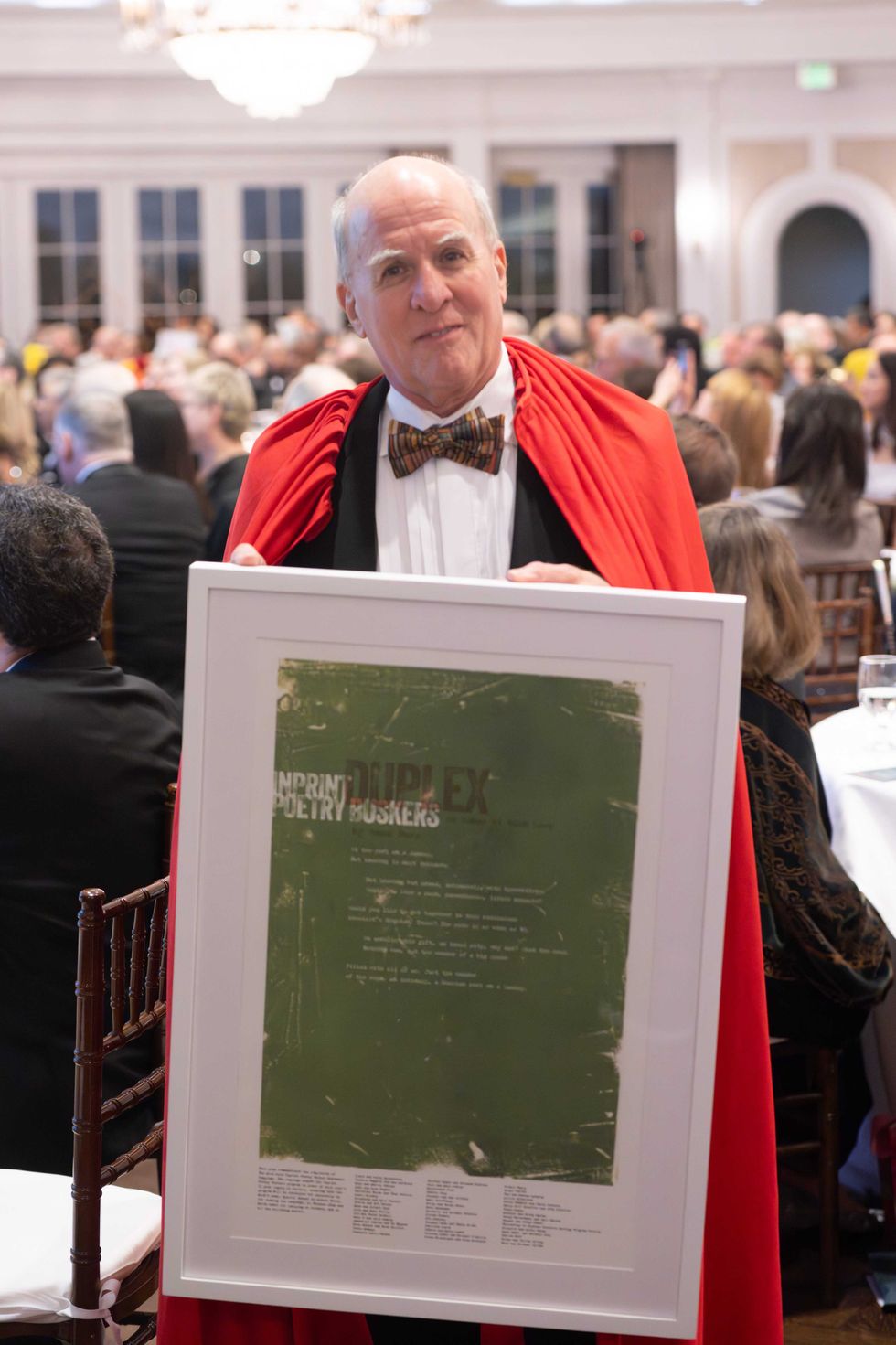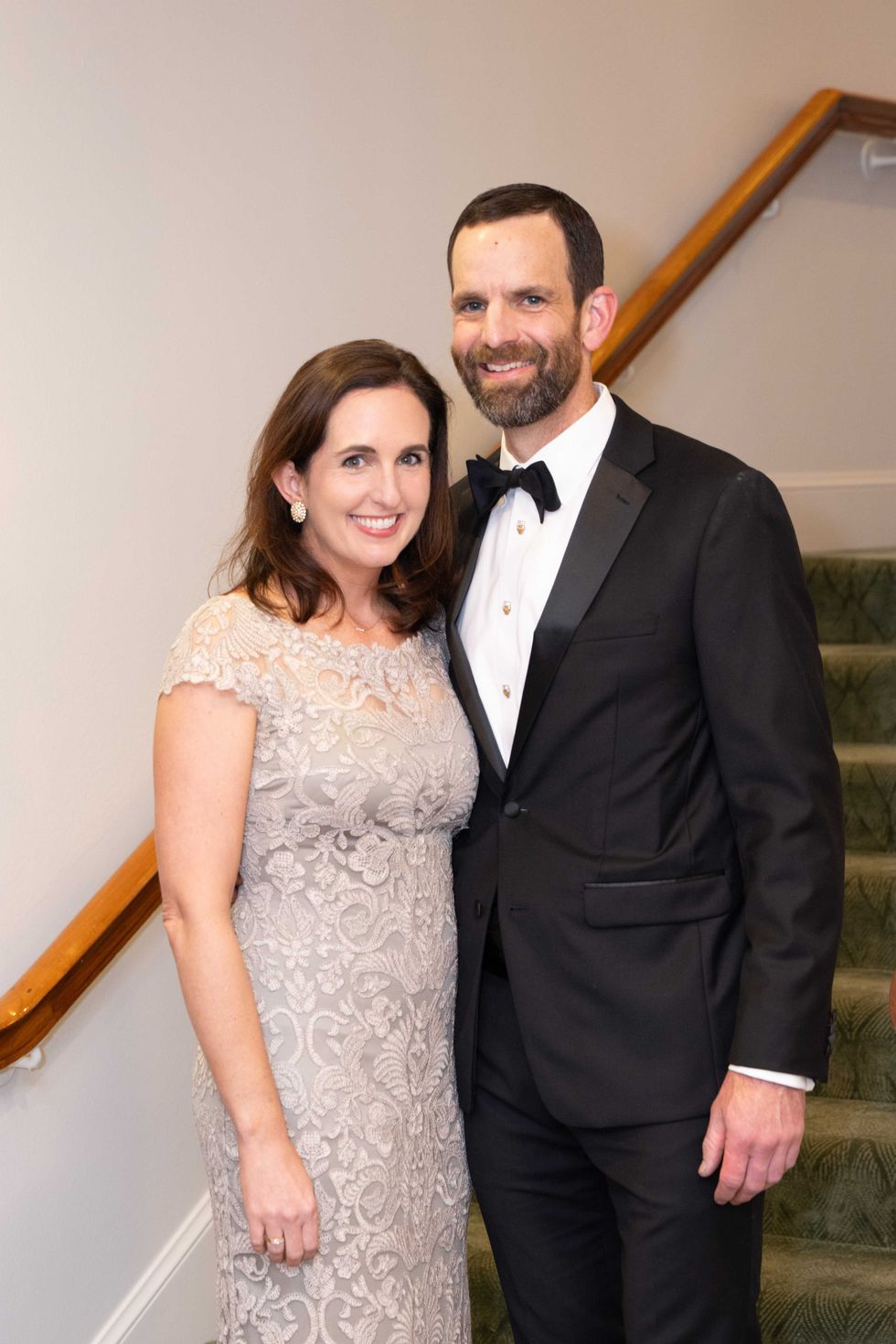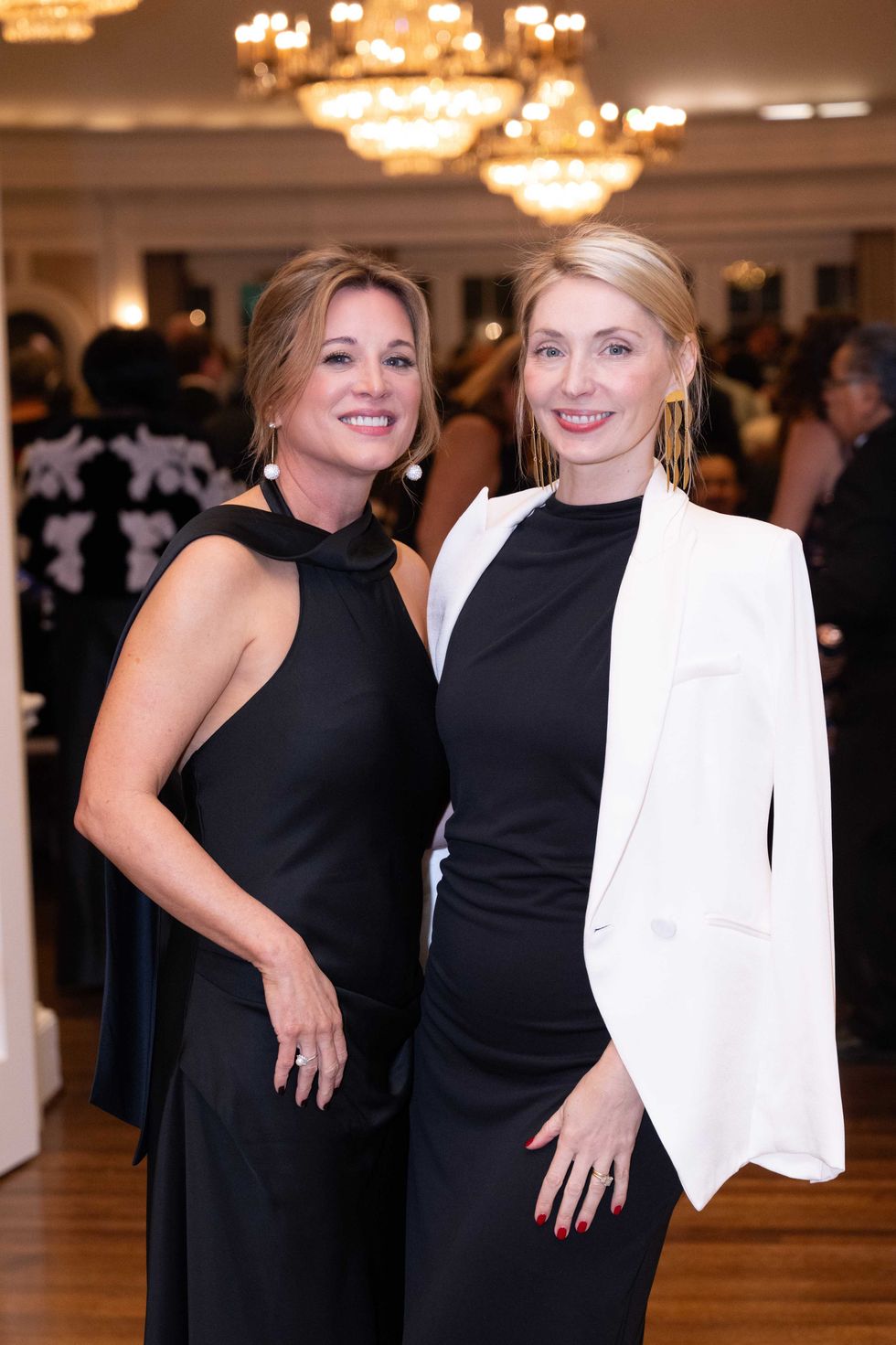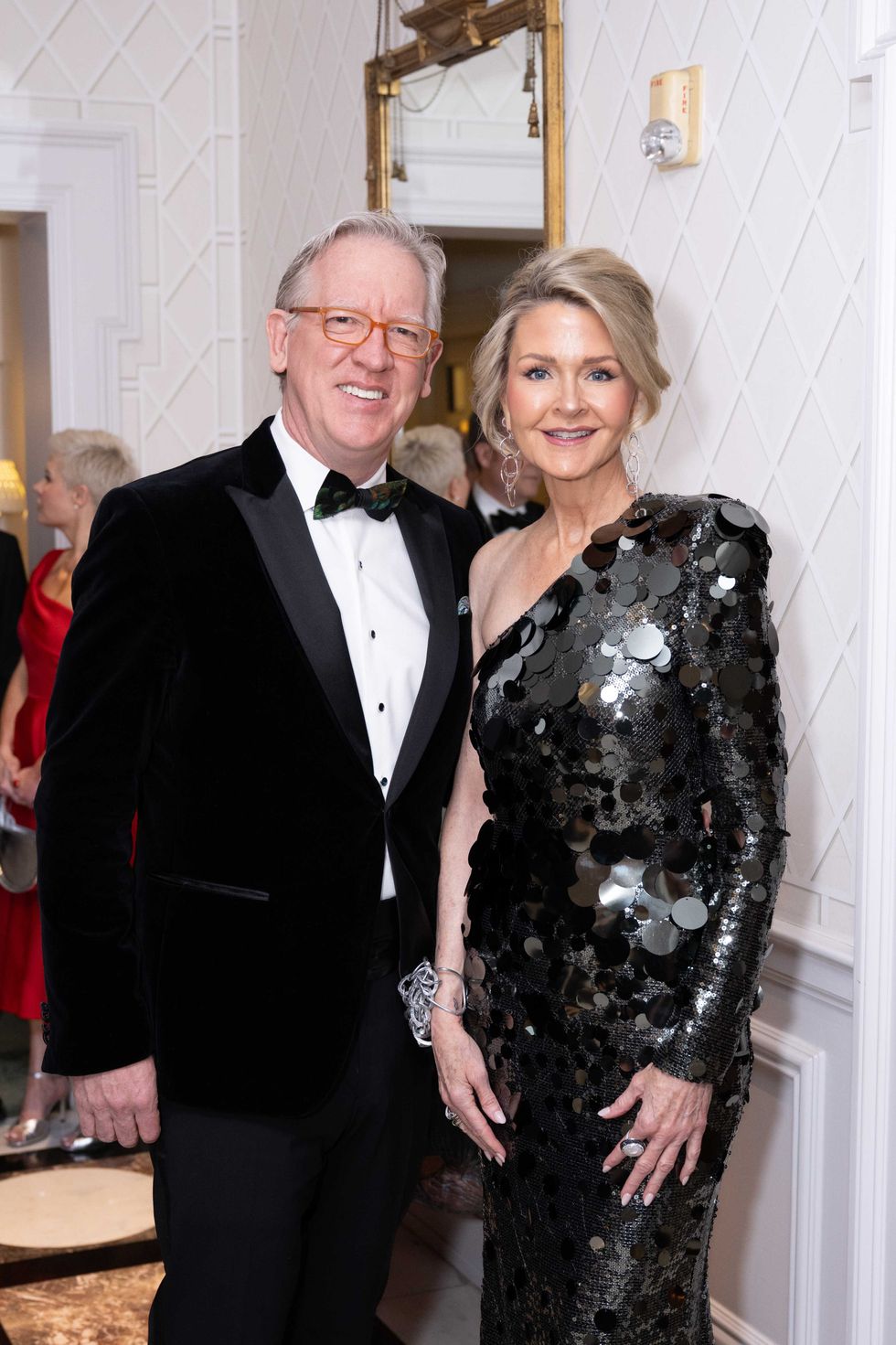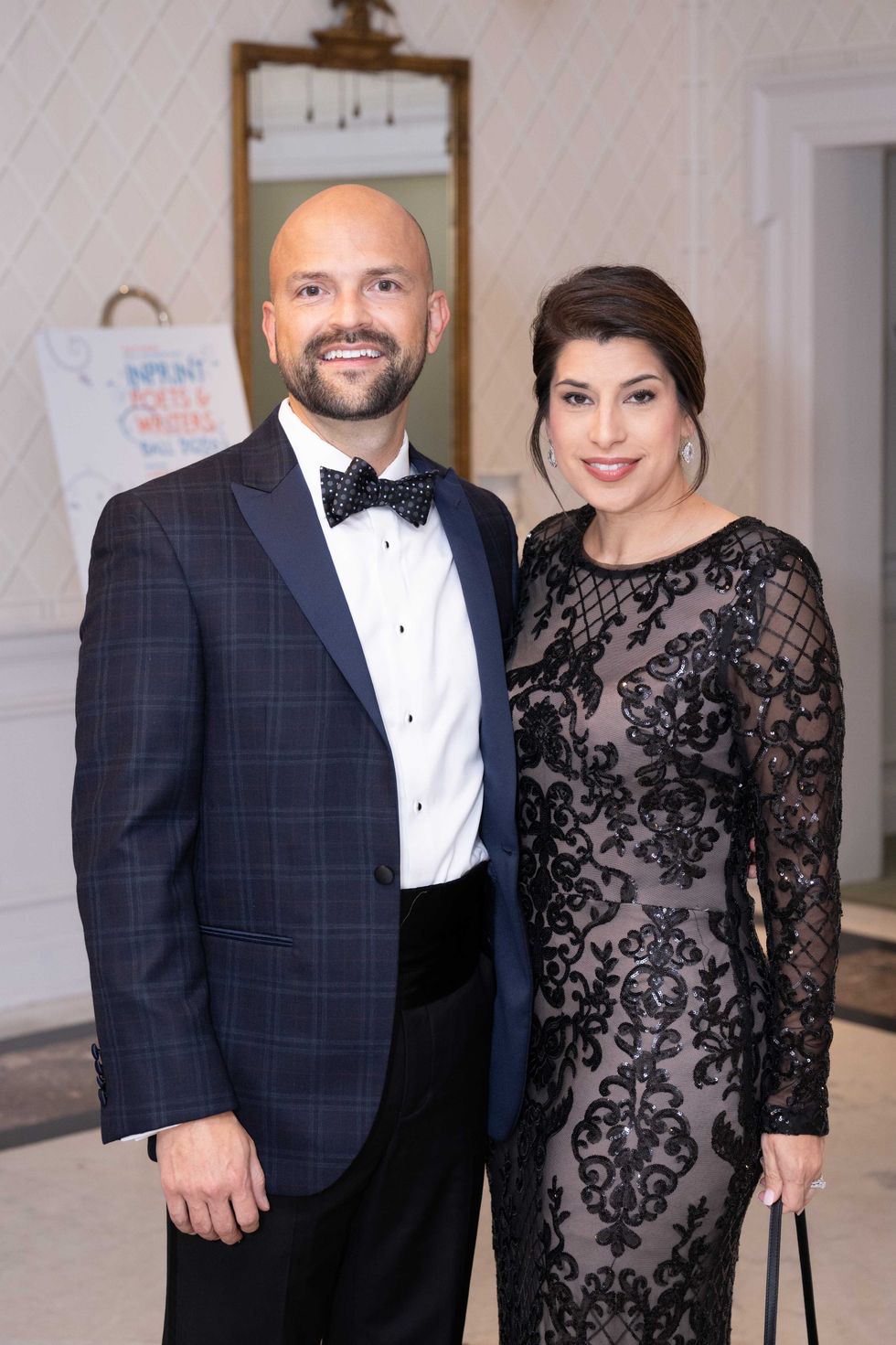Women Power
New Houston Chronicle editor tells the city's power brokers how she'll fix the newspaper
Having just moved to Houston four weeks ago, Houston Chronicle editor Nancy Barnes admits she hasn't made many friends yet. So The Clifford Group president Cindy Clifford hosted a lunch at La Griglia to introduce the first woman to head the newsroom in the paper's 112-year history to a cross section of the city's most powerful women, along with a few good men.
Among the "who's who" of Houston female leaders welcoming Barnes were Mayor Annise Parker, U.S. District Judge Vanessa Gilmore, Houston City Council members Ellen Cohen and Melissa Noriega, former City Council members Anne Clutterbuck and Sue Lovell, Judge Zinetta Burney, and attorneys Jessica Rossman and Y. Ping Sun.
Channel 11's Courtney Zubowski, Channel 13's Miya Shay, Houston Chronicle business editor Laura Goldberg, educational consultant Laurie Bricker and former Houston Astros president Pam Gardner also made up the power group. One guest noted the last time the Astros had a winning team was when Gardner headed the team. "I told her to write a book about baseball — without balls," Cohen quipped.
"My job is to prioritize and figure how to get that covered. Do I use existing resources? Maybe. Do I get some money for it? I'll be asking."
In a brief remarks, followed by a question-and-answer session, Barnes, a 30-year newspaper veteran, admitted that "Texas was not on my road map" when Hearst officials approached her about the Chronicle's top news job. But she became intrigued. "People in the rest of the country probably don't know the story of what's going on here," she said.
She said the Chronicle remains Hearst's most profitable newspaper, even though the "double tsunami" of a troubled economy and the digital revolution has walloped the industry. "I think we're here to stay, but I think it's going to be different, and we won't have as many resources we had in the past, that's for sure," she said.
Asked about the presence of the Hearst Corporation, which purchased the Chronicle in 1987 but largely left it alone until recent years, Barnes said, "That's an interesting question . . . I'm not sure the Hearst Corporation is more visible as a presence, but I do know they are putting a lot more attention on the paper here."
She said her job is "assess the newsroom, assess the community, what stories we are telling well, what stories we are not telling well, and lift up the paper a little bit after those years of the great recession and the digital tsunami."
Whether she can hire more staff, she said, depends on how much money she can "wring out" of Hearst, but it sure sounds like she is going to try.
"I don't think we have enough reporters on the ground, in particular in the area of business and local coverage and enterprise areas. At the moment, there's nobody covering religion, there's nobody covering the business of health care, there's nobody covering immigration questions. There's a whole swath of things that aren't being covered. That goes back to what happened in 2008-2009. My job is to prioritize and figure how to get that covered. Do I use existing resources? Maybe. Do I get some money for it? I'll be asking.
"A huge part of our readership is in the suburbs, which we don't cover at all. We don't cover any of the suburban school districts. That has to be something that gets added to the equation. More reporters on the ground covering news and business in particular is going to be part of the solution here. I don't know exactly what it's going to look like. It depends on how big of a check I get."
Barnes still owns a house in Minneapolis, where she oversaw the news gathering operation of the Minneapolis Star Tribune for a decade, and doesn't expect it to sell until at least March, when the winter weather thaws a bit in frigid Minnesota and home sales pick up. But she said she plans to put down roots in Houston.
"I'm not a fly-by-night editor," she said.
Among the men Clifford invited to the luncheon because "they always support women" were Houston Arts Alliance executive director Jonathon Glus, Yellow Cab president and former state legislator Roman Martinez, American Society of Civil Engineers president Wayne Klotz and political consultant Jason Fuller.
Houston bail bondsman Michael Kubosh, who is in a runoff in the race for Houston City Council At-Large Position 3, dropped in the luncheon after learning that it was going on while dining at the restaurant. Clifford introduced Kubosh, who with his brother led the fight to remove red-light cameras, around the room.
